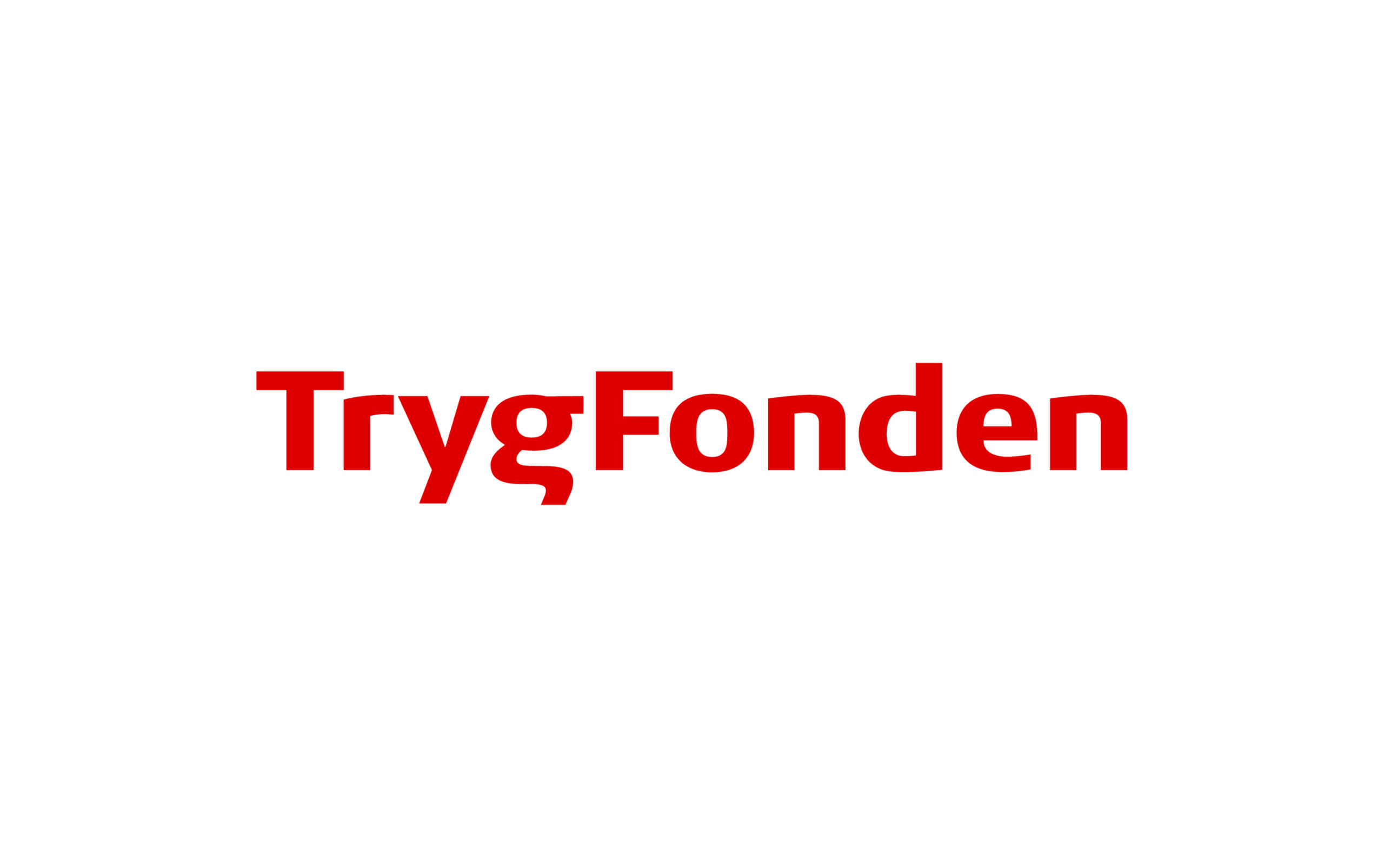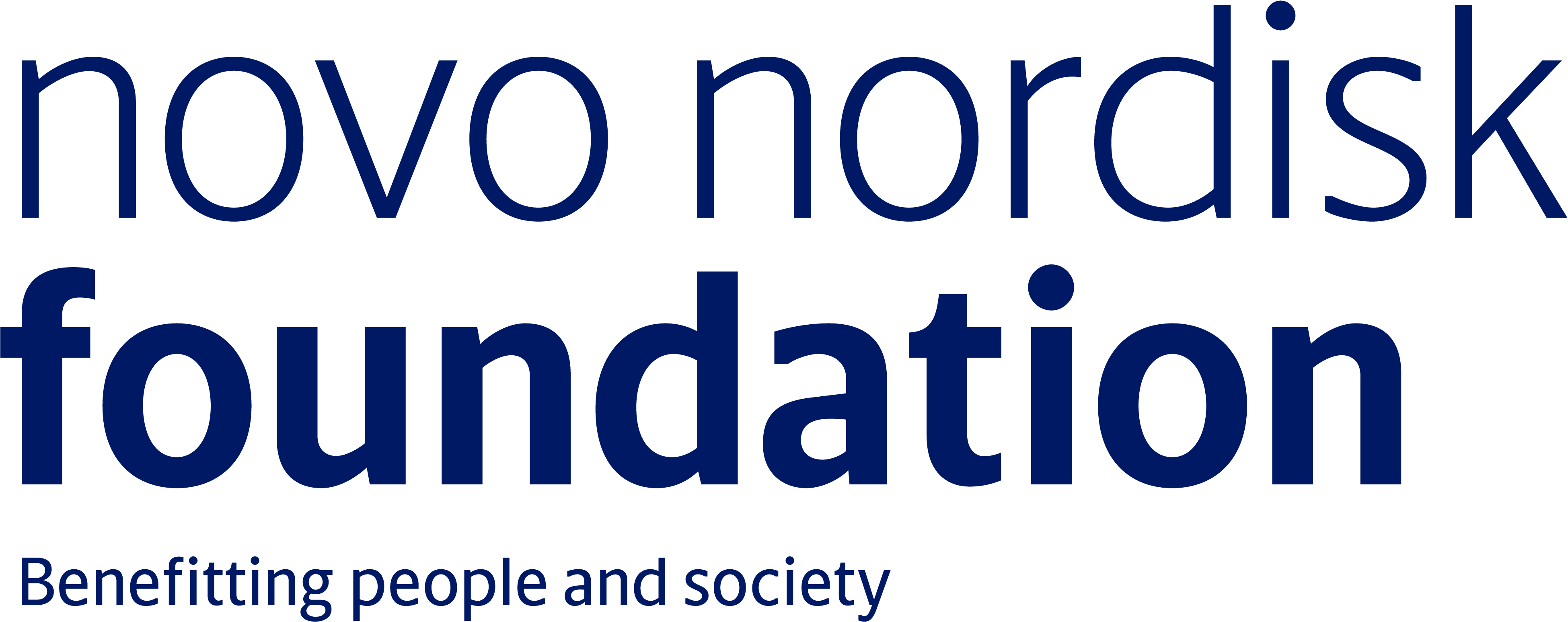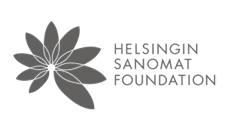Each year, a number of media professionals spend an academic year at the Constructive Institute in Aarhus, Denmark, working on an individual project related to constructive journalism. The fellowship is modeled after journalism programs at Stanford University in San Francisco and at Harvard University in Boston.
After the fellowship, journalists are expected to return to their newsrooms to help colleagues apply constructive reporting in their daily work. The fellowship application will reopen in spring 2026.
My greatest takeaway from the fellowship is a reminder of what journalism is supposed to accomplish: to take care of our democracy by serving society.
Mette Aaby, editor at the Danish Broadcasting Corporation (DR)
About the fellowship
Journalists who are selected as Constructive Institute fellows have the opportunity to spend an academic year pursuing their interests, broadening their knowledge and exploring solutions to problems in the fields they cover. The fully funded program allows fellows to take advantage of the intellectual richness of Aarhus University and apply the knowledge gained to their journalistic work by following courses at the university.
Fellows take part in daily conversations at the Institute with academics, politicians, media professionals and CEOs to explore media, democracy, mindset changes and innovation. They also are expected to take academic courses at the university, take part in specially tailored lectures and host small discussions themselves. However, they are not expected to take exams or tests and the studies at the university do not result in an academic diploma.
During the fellowship year, the fellows participate in two study tours abroad. One is usually to Silicon Valley in California to study legacy media, journalistic startups and tech giants, while the other is to another country that will be of interest for the development of journalism.
Eligibility, funding and how to apply
Reporters, editors, documentary filmmakers and other journalists are eligible for a Constructive Institute fellowship. All applicants should have a minimum of five years of practical work experience and be considered as committed and talented professionals in their own organizations. All fellows are expected to spend the time of the fellowship in Aarhus, and the main working language will be English. The fellowship is the equivalent of a full-time job, and fellows are not able to do journalistic or other work during the fellowship program.
The fellowships are primarily available for Danish journalists. International media professionals may still apply, however, as we do not yet have international funding in place, the accepted international fellows are expected to provide their own funding. The Danish fellows will receive a grant of 50.000 to 65.000 DKK per month for 5 or 10 months. Read more in our Frequently Asked Questions.
The fellowship application will reopen in spring 2026.
Frequently Asked Questions
The fellowship program follows the academic year and runs for 5 or 10 months, starting in the last week of August and finishing by the end of December or June. This year, the start date is 25th of August 2025. All fellows are expected to spend the majority of their time in Aarhus, with the exception of academic school holidays.
In the 2025-2026 academic year, the fellowships are financed by TrygFonden and Aarhuus Stiftstidendes Fond. The Danish fellows will receive a grant of 55.000 to 65.000 DKK per month for 5 or 10 months, which must cover their living costs, accommodation, transportation and study materials for the duration of the fellowship.
International media professionals interested in taking part in the program may still apply. However, as we do not yet have international funding in place, accepted international fellows are expected to have external funding to cover the costs of their fellowship year, such as foundations, civic groups or national organizations. If you are interested in learning more about the costs of the program and the amount they should apply for, please contact Orla Borg.
During the first week of the program in late August, the fellows will learn about the framework of the fellowship program, as well as constructive journalism overall. Following the introduction week, fellows will begin their courses in their chosen academic fields together with other students at the university. Several days per week, they will attend sessions at the Constructive Institute with presentations, workshops and guest discussions.
The Fellows are selected by a committee that consists of:
The committee will be looking for evidence on the candidate’s potential for growth and leadership within their profession, as well as their ability and commitment to making the best use of the program.
The fellow’s spouse can make use of the Constructive Institute spouse program during the 5 or 10 months of the fellowship. As part of the program, Aarhus University offers free access to all courses to both the fellows and their spouses. Expenses for child care should be paid by the fellow out of the fellowship grant. The fellows and their families find their own accommodation in Aarhus for the duration of the fellowship and pay for rent out of the grant.
Hear from fellows
Check out our YouTube channel for more insights from our fellowship network.
Kamilla Gamborg Isaksen (’22) on being a “younger” fellow
Anja Thordal (’22) on her time as a fellow
Bjarke Calvin (’22) on his experiences with the fellowship
Rikke Mathiassen (’21) on academic studies
Hans-Christian Lauritzen (’21) on the Fellowship
Henrik Grunnet (’19) on bringing a new mindset back to work
Kristina Lund Jørgensen (’19) on how the fellowship can affect your journalism
Morten Vestergaard (’19) on 10 months without deadlines
Constructive Journalism Pays Off
This study, part of the German Grimme-Akademie’s project ‘Impact and Potential of Solution-Oriented Reporting,’ looks how constructive journalism can support Germany’s media in a time of rapid transformation.
Covering Climate Change: Six Guiding Principles for Business News Media
In his report, Søren Linding aims to identify a feasible formula for business media when covering the role and responsibilities of businesses with regards to climate change. Linding calls for the need for a more competent, critical and constructive coverage.
How To Close the Gap Between Scientists and Journalists on Climate Change
We wanted to facilitate a discussion between scientists and journalists in order to see what we can learn from each other, and how to do better when reporting on the climate changes.
How to Cover Climate Change: Ten Good Pieces of Advice
This paper is an attempt to bridge scientific knowledge and praxis of journalists, as to make an evidence-based foundation for climate journalism to make more people listen, read and watch.
How To Not Be a Useful Idiot When Covering Terrorism
Hans Davidsen-Nielsen reflects upon how the media ends up in a difficult dilemma, as they cover terrorist attacks while trying to not become a tool for a marginal group of people who usually have nothing but destruction to offer.
How To Not Stigmatize When Doing Journalism on Minorities
Former fellow at Constructive Institute and Journalist at Danish Newspaper Berlingske Mathilde Graversen investigates how to do journalism on ethnic minorities without stigmatization.
Reflections from our San Francisco Study Tour
As every year, our fellows went on a study tour to Silicon Valley. And we don’t want to withhold from you what they learned there, so read about the insights the fellows gained and how they experienced the fascinating ecosystem of Silicon Valley.
The Constructive Institute fellowship is generously supported by our sponsors





